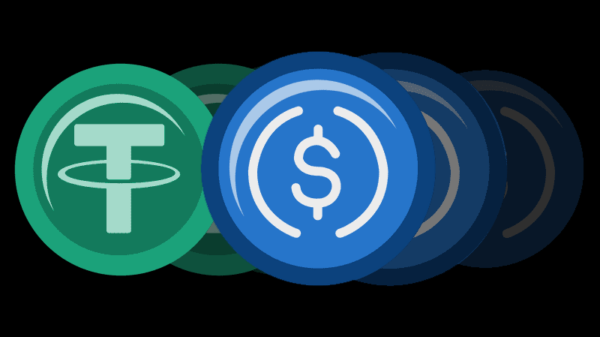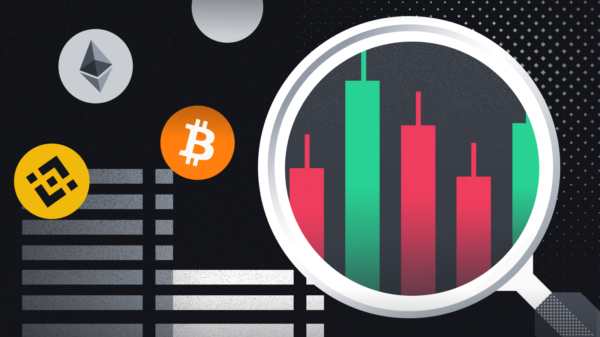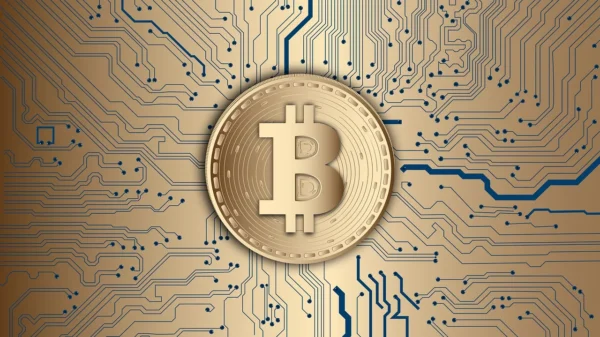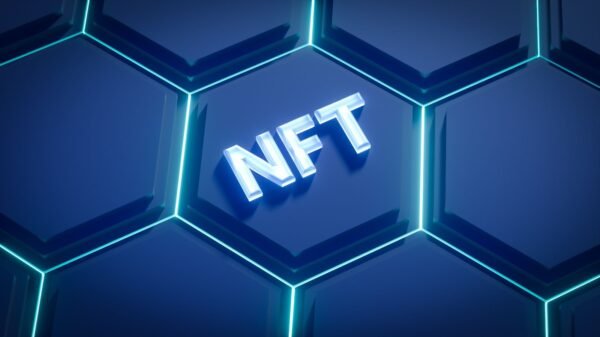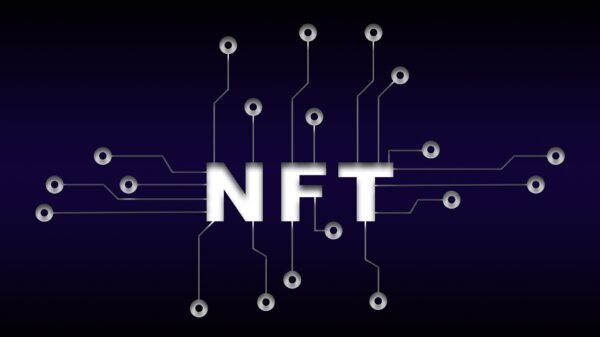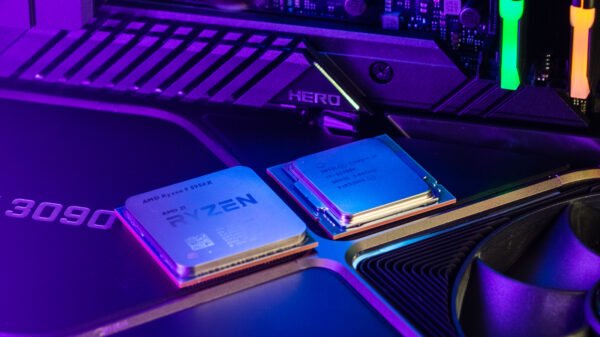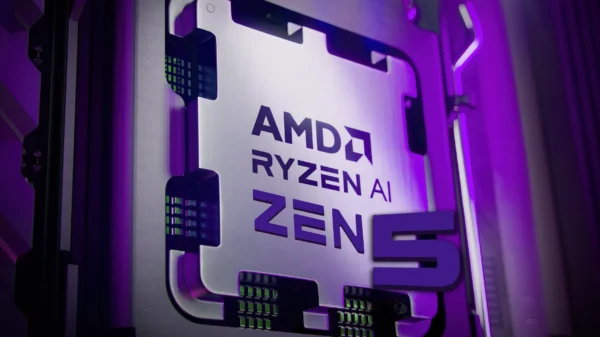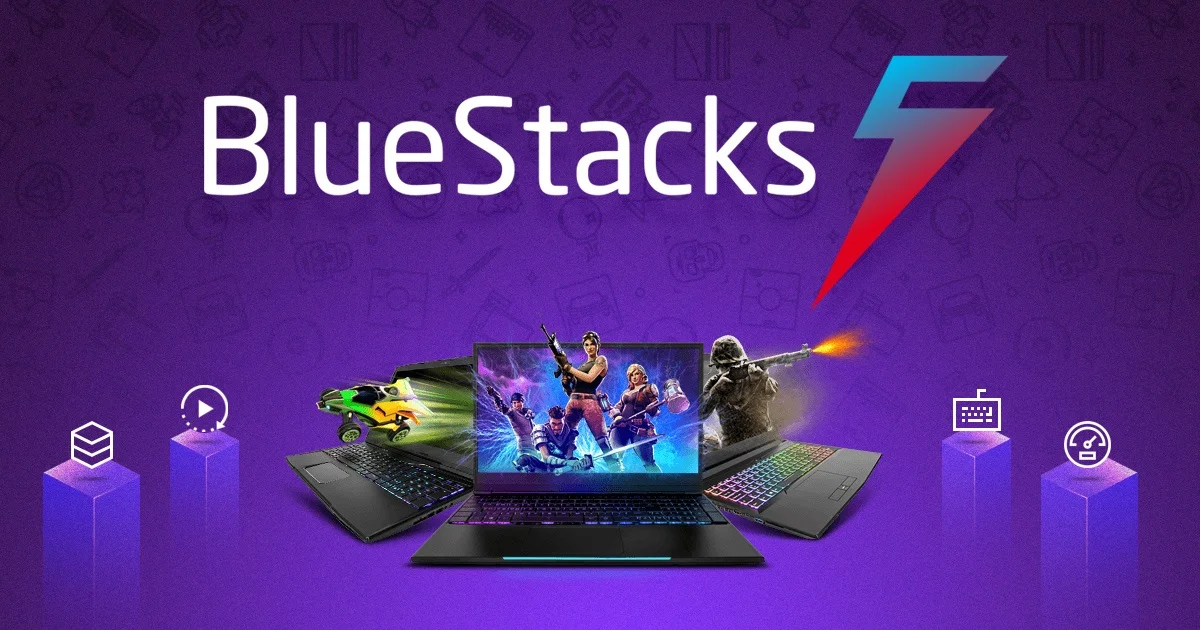The Gaming Cheat Software industry has grown exponentially over the past decade, with millions of players across the globe engaging in various genres of games. Alongside this rapid growth, the demand for fairness and balanced competition has also increased. Unfortunately, not all players play by the rules. One of the most controversial and problematic aspects of modern gaming is the prevalence of Gaming cheat software. This software, designed to give players an unfair advantage, undermines the spirit of competition and can have far-reaching consequences for the gaming community and the developers.
This article delves into gaming cheat software, exploring its history, types, impacts, and the ongoing battle to combat it.
1. A Brief History of Gaming Cheats
Cheating in video games is not a new phenomenon. In the early days of gaming, developers themselves would embed cheat codes into games to help testers or to unlock hidden features. Classic cheat codes like “The Konami Code” allowed players to manipulate in-game mechanics, giving them extra lives or unlocking special powers.
However, with the rise of multiplayer games, particularly competitive ones, cheating evolved from harmless experimentation to a more malicious activity. Instead of enhancing the single-player experience, cheating in multiplayer environments created an unfair playing field, often ruining the experience for others.
2. What is Gaming Cheat Software?
Gaming cheat software refers to external programs or scripts designed to alter the behavior of a game, giving the user an advantage over others. Unlike traditional cheat codes, which were built into games by developers, cheat software is created and distributed by third-party developers.
These cheats come in various forms, with some of the most common being:
- Aimbots: Programs that automatically aim and shoot for players, often ensuring perfect accuracy.
- Wallhacks: Cheats that allow players to see through walls and other obstacles, revealing the positions of opponents.
- Speed Hacks: These cheats allow players to move faster than intended, making them hard to hit or allowing them to traverse the game world more quickly.
- ESP (Extra Sensory Perception): This software displays additional information about enemies, such as their health, distance, or weapon loadout.
- Macros and Scripts: Automated sequences of actions, such as instantly building structures or performing complex maneuvers in a game with minimal input from the user.

3. Impact of Cheat Software on the Gaming Community
The use of cheat software has a detrimental impact on the gaming community. In multiplayer games, cheating disrupts the balance of play, often leading to frustration for those playing fairly. For competitive or ranked games, where player progression is tied to performance, the presence of cheaters can undermine the integrity of the ranking system.
Here are some of the major impacts:
- Frustration and Alienation of Legitimate Players: Players who encounter cheaters repeatedly are more likely to abandon the game, which can lead to declining player bases for games that fail to control cheating.
- Economic Impact on Developers: Cheat software can affect a game’s longevity and profitability. If a game is overrun by cheaters, developers may lose their player base, leading to reduced revenue from microtransactions, game purchases, or subscriptions.
- Unfair Competitive Advantage: In eSports or competitive gaming, where monetary prizes and reputations are on the line, the use of cheat software can distort competition, undermining the legitimacy of events and tournaments.
4. The Business of Cheat Software
One of the more alarming aspects of cheat software is the thriving black market surrounding it. Cheat developers and distributors make a profit by selling these tools to players who are willing to pay for an unfair advantage. Some cheat software is sold on subscription models, with customers paying monthly fees to access these tools.
Furthermore, cheat developers are constantly engaged in a cat-and-mouse game with gaming companies. As game developers update their anti-cheat measures, cheat developers innovate new methods to bypass these systems, creating a lucrative industry for those involved.
5. Anti-Cheat Measures and Developer Responses
In response to the growing cheat problem, game developers and publishers have invested heavily in anti-cheat systems. These systems aim to detect, prevent, and punish cheaters.
Some of the most common anti-cheat solutions include:
- Server-Side Monitoring: This involves analyzing player behavior on servers. Abnormal patterns, such as unrealistically high accuracy or movement speeds, can be flagged as suspicious.
- Client-Side Detection: Many games now employ software that monitors a player’s computer for cheat programs. Tools like Easy Anti-Cheat (EAC) or BattlEye are designed to detect and block cheat software before it can affect gameplay.
- Bans and Penalties: When cheaters are detected, developers can impose penalties ranging from temporary suspensions to permanent bans from the game. In some cases, players can be banned across all games from a publisher.
- Community Reporting: Some games empower their communities to report suspicious behavior. Players can report others for potential cheating, and these reports are often reviewed by a dedicated team.
6. Ethics and Legality of Cheat Software
While many view cheat software as a form of digital vandalism, it also raises ethical and legal questions. Many cheat developers operate in legal gray areas, and some have faced lawsuits from major gaming companies. In extreme cases, cheat developers have been sued for damages, and their websites have been shut down.
From an ethical standpoint, cheating is universally frowned upon by gaming communities. It undermines fair competition and erodes trust among players. While some argue that cheating in non-competitive or single-player games can be a harmless way to enhance personal enjoyment, cheating in multiplayer environments is widely condemned.

7. The Future of Gaming Cheat Software
As technology continues to advance, so too will cheat software and anti-cheat systems. Artificial intelligence, machine learning, and sophisticated detection algorithms are being implemented to combat cheating, but it’s likely that cheat developers will find new ways to bypass these defenses.
One thing is certain: the battle between game developers and cheat creators is far from over. As long as there are competitive games, there will be those who seek to gain an unfair advantage. However, with continued investment in anti-cheat technology and strong community-driven reporting systems, the gaming industry can work towards minimizing the impact of cheats and maintaining a fair playing environment for all.
Conclusion
Gaming cheat software poses a significant challenge to the integrity of modern gaming. While developers and players alike are constantly fighting against it, the evolving nature of both cheat software and anti-cheat measures ensures that this issue will remain at the forefront of gaming culture. Whether through technical advancements or legal actions, the future of fair play in gaming depends on the continued vigilance of the entire community.













